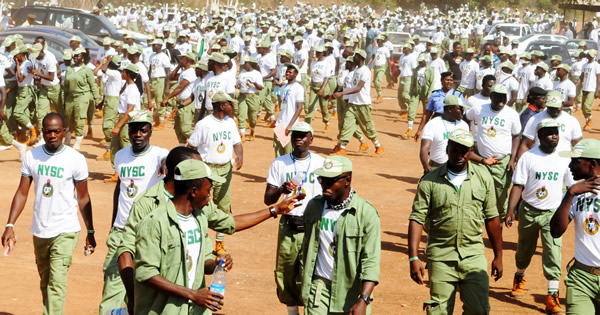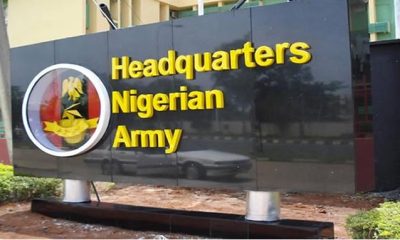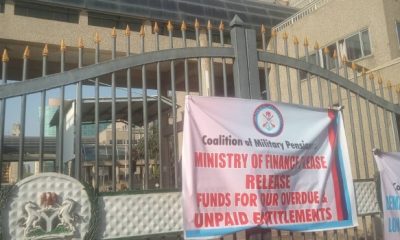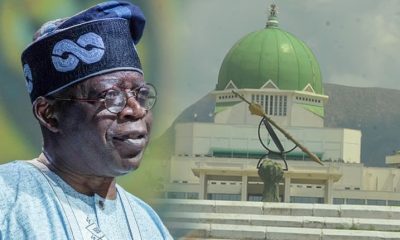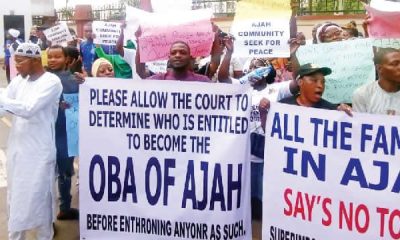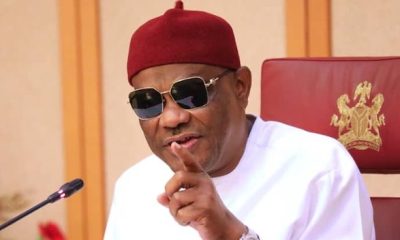Headlines
Protest or Chaos? The Mixed Legacy of Nigeria’s 10 Days of Rage
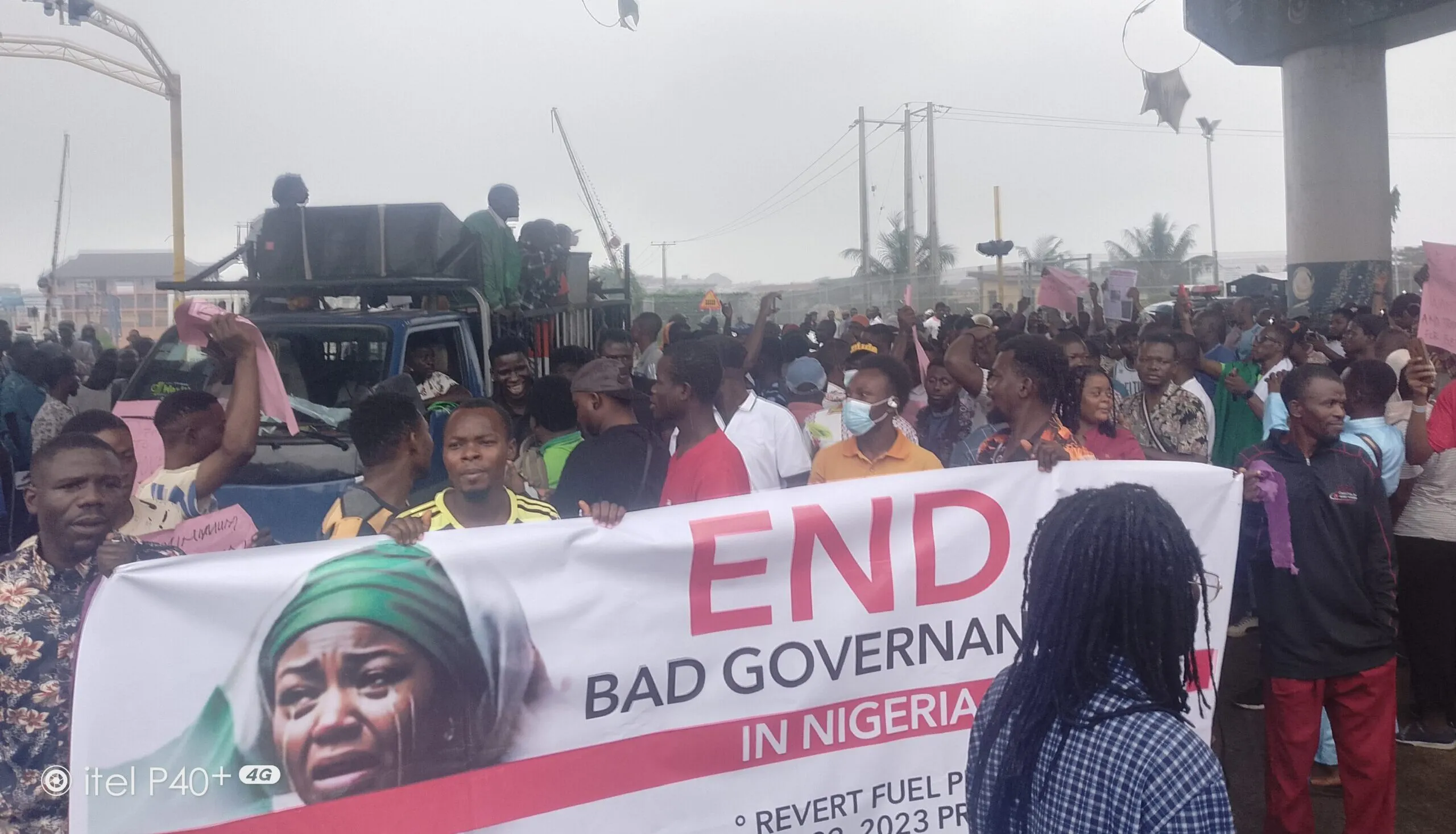
A maelstrom of reactions has erupted in the wake of the recently concluded nationwide protest against the scourge of hardship and the malaise of bad governance in Nigeria, instigated by unnamed factions.
The much-hyped #EndBadGovernance protest escalated into a nationwide demonstration, resulting in the loss of lives in several Northern States, including Kano, Kaduna, Katsina, and the FCT.
The 10 ‘Days of Rage,’ as envisioned by the organizers, ended on Saturday, August 10. However, questions remain about whether the protest achieved its intended goals and whether President Bola Ahmed Tinubu’s nationwide broadcast addressed the grievances laid out by the protesters.
The protest highlighted the burning economic and governance issues plaguing the country. While it succeeded in drawing attention to these challenges, its success was marred by the violence and controversy that accompanied it.
Findings by EKO HOT BLOG revealed that, compared to #EndSARS, the hunger protest had a broader scope but faced a more immediate and severe government crackdown. What began as a peaceful demonstration soon devolved into looting, destruction of public property, attacks on protesters, and excessive use of force by security agencies.
In an effort to quell tensions and pacify the protesting citizens, President Tinubu, in a nationwide broadcast, called for peace and condemned the killing of protesters during the violent demonstrations in the northern parts of the country.
However, many Nigerians criticized the President’s speech, believing that Tinubu should have addressed more pressing issues, particularly the protesters’ demands, instead of reiterating his administration’s programs.
Speaking to EKO HOT BLOG, some Nigerians shared their views on the President’s speech and the outcome of the protest, which lasted from August 1 to August 10.
Michael Akor, a resident of Mararaba, Nasarawa state, near the Federal Capital Territory, described the protest as a complete fiasco, stating that none of its goals were achieved.
“The success of any national protest is measured by the degree of positive response from the concerned authorities in addressing the factors that necessitated the protest. The government’s response during and after the protest was a total debacle; hence, the protest could be considered a failure,” he said.
Another resident, Paul Ndubuisi, argued that the protest further exposed the gross insensitivity of the current administration under President Tinubu to the plight of the masses. He added that the body language of the President and other leaders during and after the protest clearly indicated their unwillingness to pave the way for a socio-economic trajectory that would alleviate the current economic hardships faced by citizens.
“It is therefore evident that the suffering masses have no hope of immediate relief. The masses expected the President to address the draconian prices of commodities and offer a lasting solution to ease the pain of ordinary Nigerians, but he failed to do so. We are disappointed in his speech,” Ndubuisi said. 
Echo Peter expressed that the protest was mismanaged by both the protesters and the government. He pointed out that some urchins among the protesters influenced a degree of unhealthy deviation from the protest’s main aims and objectives by looting, vandalizing public property, maiming innocent citizens, and hoisting the Russian flag.
“These actions are unethical and constitutionally unjustifiable in any protest within a democratic setting,” he said.
On the government’s part, Peter criticized the use of firearms and teargas grenades by security agents against innocent protesters, describing it as a gross violation of human rights and an unhealthy approach to managing peaceful protests.
“In some areas, security agents threatened potential protesters and coerced them into staying away from the protest. The silence of President Tinubu and his failure to engage in constructive dialogue with the aggrieved citizens before the protest, which could have possibly prevented it, reflects an ineffective way of managing public dissent,” he concluded.
Adamu Ali, another Nigerian, noted that the protest revealed the citizens’ displeasure with the administration’s policies, stressing that it sent a clear message to the government that the nation’s stability is under threat, and urgent action is needed to ensure citizens can experience relief in the near future.
He added that the protest also highlighted Nigeria’s woes to the international community, sending a message that the country is currently an economically unhealthy environment for foreign partnerships and investments.
“This is an impression the government must swiftly work to erase from the minds of foreign economic actors, as it could deter foreign investors from viewing Nigeria as a viable destination for investment,” he added.
Hassan Alowonle, reflecting on the August 2024 protest themed #EndBadGovernance or #EndBadGovernmentInNigeria, stated that it exemplified how desperate Nigerians are for good leadership. He emphasized that leadership is the backbone of every system, whether in governance, management, or households.
“It is clear that the government is not ready for dialogue, and as such, cracks will continue to appear in every sector of governance,” he said.
He also condemned the actions of violent protesters who used the opportunity to destroy public property and loot.
“It is becoming a disturbing trend that Nigerians abuse their civil rights by destroying government properties under the guise of civil disobedience. This behavior undermines the dignity of Nigeria and the constitutional rights of its citizens. The recent protest saw demonstrators looting government provisions, which further undermines Nigeria’s political and economic systems.
“However, civil disobedience is legal, and access to social amenities is crucial for human development. Therefore, the government needs to encourage good governance by listening to the demands of Nigerians,” he concluded.
Moving forward, the key lesson for both the government and citizens is the need for open dialogue and peaceful engagement to address the nation’s deep-rooted issues.
Advertise or Publish a Story on EkoHot Blog:
Kindly contact us at [email protected]. Breaking stories should be sent to the above email and substantiated with pictorial evidence.
Citizen journalists will receive a token as data incentive.
Call or Whatsapp: 0803 561 7233, 0703 414 5611


